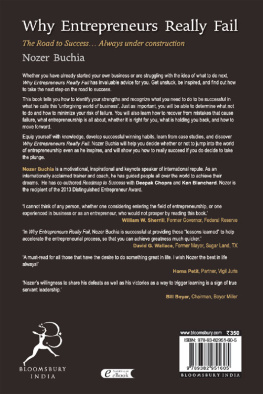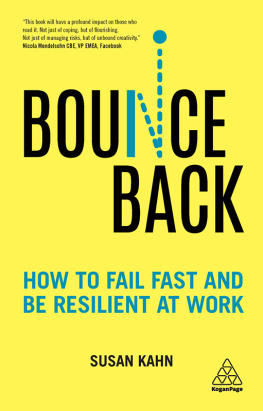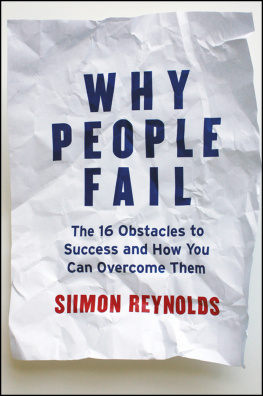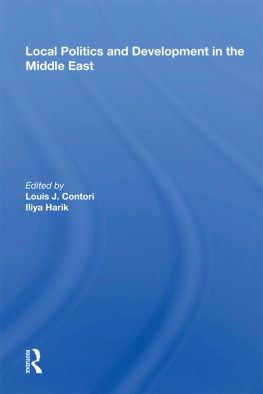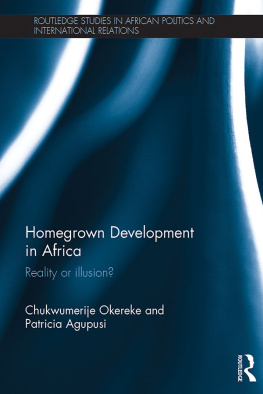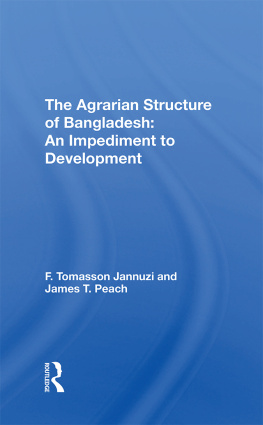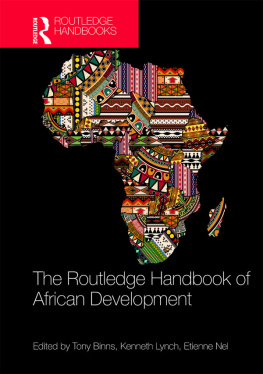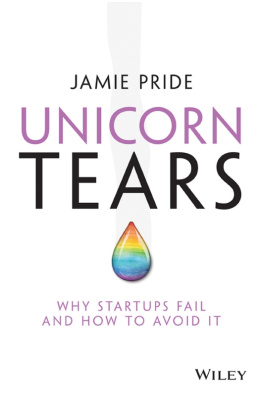LONDON SCHOOL OF ECONOMICS MONOGRAPHS ON SOCIAL ANTHROPOLOGY
Managing Editor: Charles Stafford
The Monographs on Social Anthropology were established in 1940 and aim to publish results of modern anthropological research of primary interest to specialists.
The continuation of the series was made possible by a grant in aid from the Wenner-Gren Foundation for Anthropological Research, and more recently by a further grant from the Governors of the London School of Economics and Political Science. Income from sales is returned to a revolving fund to assist further publications.
The Monographs are under the direction of an Editorial Board associated with the Department of Anthropology of the London School of Economics and Political Science.
First published 2005 by Berg Publishers
Published 2020 by Routledge
2 Park Square, Milton Park, Abingdon, Oxon OX14 4RN
605 Third Avenue, New York, NY 10017
Routledge is an imprint of the Taylor & Francis Group, an informa business
Sandra Wallman 2005
All rights reserved. No part of this book may be reprinted or reproduced or utilised in any form or by any electronic, mechanical, or other means, now known or hereafter invented, including photocopying and recording, or in any information storage or retrieval system, without permission in writing from the publishers.
Notice:
Product or corporate names may be trademarks or registered trademarks, and are used only for identification and explanation without intent to infringe.
ISBN 13: 978-1-8452-0476-1 (hbk)
PREFACE
The fieldwork on which this book is based was sponsored largely by a grant from the Colonial Social Science Research Council whose tasks were taken over by the Overseas Development Ministry while I was in the field.
I stayed in Basutoland for fifteen months three during the winter of 1961, and the twelve months of 1963. My time was divided between the villages and the administrative capital. I lived in one lowland village for four consecutive months and made return trips in subsequent seasons. I spent many brief periods in Taung and in Mafeteng amongst the people directly affected by the two projects described. Several months were spent in Maseru to consult government officers and archives regarding the planning and execution of development projects. Since the Taung Scheme had been closed down two years prior to my visit, most of the information I have on it is from files made available by the central government Department of Agriculture.
At the time, and until independence in October 1966, Lesotho was still the British dependency of Basutoland. The country is referred to here by its colonial name because the events described are partially explained by the political structure of the period, and by Basutoland's peculiar status vis--vis Britain and South Africa. The constitutional changes brought by independence necessarily altered the distribution of responsibilities and affected the balance and loci of political power in tne country. Any suggestion that the former dependent territory and the present sovereign nation are identical would be misleading.
In the context of this study, however, it is pertinent that a year after independence the villagers' position is not markedly different from what it was in 1963. I have only indirect evidence, as I have not returned since this analysis was made, but it would seem that rural initiative is still inhibited by a high degree of political factionalism even if the alignment of the factions has changed; that economic insecurity and dependence on migration are made no less discouraging by the fact that external relations are not now as ambiguous as they were; and that communication between sectors of the population, although apparently improved by a more concentrated use of modern media, is not yet adequate to the extraordinary demands of economic development. The Farmech Scheme still runs well, but only in a relatively small area.
There is no denying a feeling of relief when the implications of an analysis turn out to be correct, but in this case the satisfaction is only intellectual and is marred by my non-academic concern for the political and economic future of Lesotho. If rural development were to make significant advances in spite of the factors of failure which I have postulated, then the knowledge that conditions had improved would amply compensate for any loss of academic face. The statement of any problem is genitive: whose problem is it? The problem of non-development has been with the Basuto for decades. The social scientist may reformulate it but is essentially only adding his viewpoint to a continuing discussion.
It is on this basis that this book is dedicated to Sechaba, the people of Lesotho. The main title, 'Take Out Hunger' is a rough translation of the Sesotho phrase mantsha tlala which refers to the first harvest after a famine, and which has been used in vernacular reference to FAO's Freedom From Hunger Campaign.
Emphasis has been placed on the spoken views oh villagers since they are most fully acquainted with the practical effect of policies and events at that level. Direct quotes are indicated by quotation marks. Composite quotes i.e. the colloquial prcis of commonly held opinion are given as separate paragraphs which begin and end with three continuation dots and are preceded by a colon at the end of the previous paragraph. Sesotho words and phrases have been kept to a minimum.
In the field, I used both English and Sesotho. Many Uasuto could and did converse in English members of the civil service in Maseru of course spoke the language fluently. Outside the administration, Sesotho was always useful and sometimes essential. I had had a few preliminary lessons in the language from Dr E. Westphal, then of the School of Oriental and African Studies, London, and arrived in Basutoland with some knowledge of Sesotho grammar and syntax. In the villages I was enormously assisted by Ntate Edward Mphetho who functioned as teacher, interpreter and uncle; I am indebted to him in all these guises.
The insights of the Appendix are largely those of Mr Desmond Taylor and so based on thorough knowledge of colonial administrative procedures. He is not, of course, responsible for the way his experience has been used here.
The hospitality of the Chiefs and villagers of Basutoland made the ethnographic parts of this study possible, and help and encouragement in the analysis of the projects were always generously given by members of the (then) Colonial Administration and by the Farmech staff. My thanks to all these individuals are no less warm for being anonymous.
This material was originally submitted in a longer form as a Ph.D. thesis in the University of London. In its preparation and presentation Dr Burton Benedict gave me steadily helpful and sympathetic supervision, and I profited from discussions with other staff and graduate students at the London School of Economics. Since I received all my basic anthropological training at the London School of Economics under Professor Raymond Firth, it is hard to estimate the extent to which I am beholden to him and to his department.


